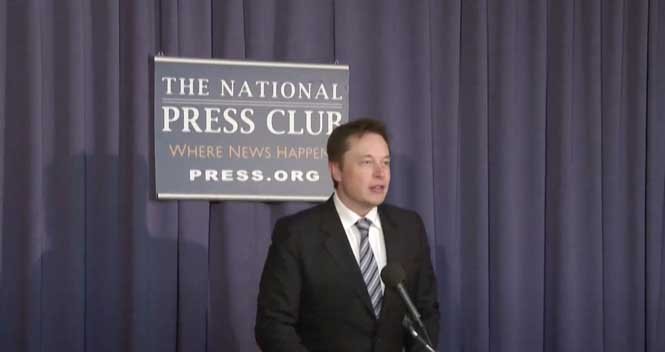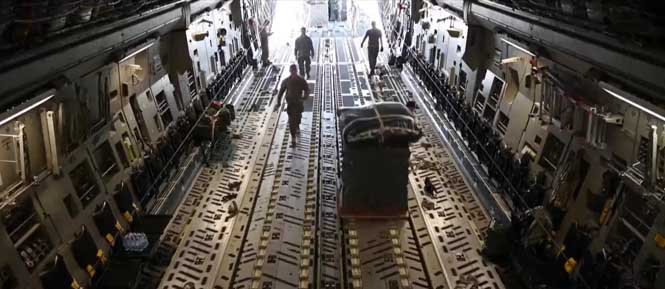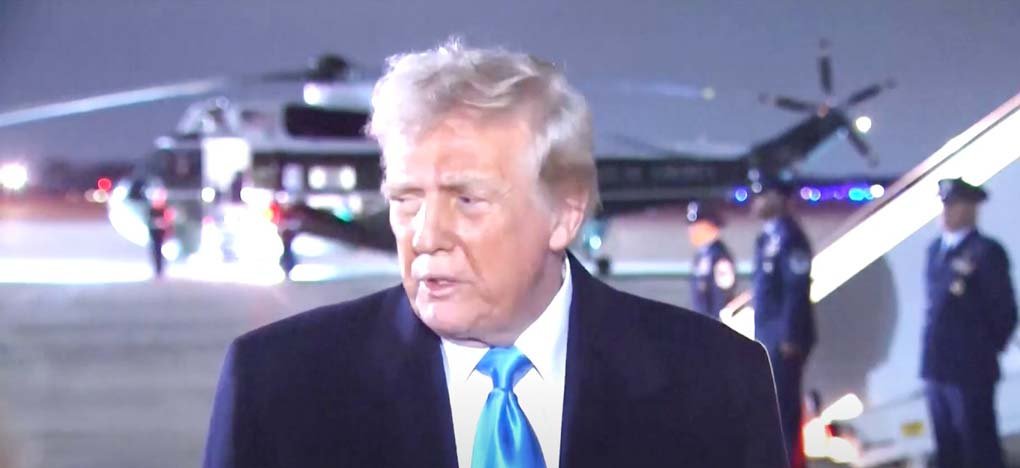Introduction
In a move that has sent shockwaves through the international community, U.S. President Donald Trump signed Executive Order 14169 on January 20, 2025, titled “Reevaluating and Realigning United States Foreign Aid.” This executive order mandates a 90-day suspension of all U.S. foreign development assistance programs to conduct a comprehensive review. While the administration argues that this pause is necessary to ensure that aid aligns with American interests, experts warn that the freeze could inadvertently bolster authoritarian regimes and destabilize global security.
Immediate Impact on U.S. Foreign Aid Operations
The suspension has led to significant upheaval within the U.S. Agency for International Development (USAID), the primary body responsible for distributing foreign aid. Senior officials have been placed on leave, numerous contractors have been laid off, and a sweeping freeze has been imposed on billions of dollars in foreign assistance. This abrupt halt has forced aid programs worldwide to cease operations, leaving vulnerable populations without essential support. According to AP News, the freeze has disrupted over 500 projects in more than 100 countries, affecting millions of people.
Potential Empowerment of Authoritarian Regimes
By halting funding to pro-democracy initiatives, the aid suspension may inadvertently strengthen authoritarian leaders. Without U.S. support, these regimes could find it easier to suppress dissent and consolidate power, knowing that international scrutiny and consequences have diminished. The absence of U.S. aid removes a critical check on authoritarianism, potentially leading to increased human rights abuses and the erosion of democratic institutions.
For example, in Myanmar, the military junta has used the vacuum left by the U.S. aid freeze to crack down on opposition groups. According to a Reuters report, the junta has arrested over 3,000 activists since the freeze began, leveraging the reduced international attention to tighten its grip on power. In Venezuela, Nicolás Maduro’s government has similarly taken advantage of the situation, redirecting humanitarian supplies toward loyalist groups while blocking foreign NGOs from operating.

Global Humanitarian Consequences
The aid freeze has had immediate and severe effects on humanitarian efforts worldwide. In sub-Saharan Africa, for example, the suspension threatens programs like the President’s Emergency Plan for AIDS Relief (PEPFAR), which has been instrumental in combating HIV/AIDS in the region. The U.S. provided over $6.5 billion in humanitarian assistance to sub-Saharan Africa last year, and the sudden halt in funding jeopardizes disease response initiatives, girls’ education, and food security programs.
In refugee camps along the Thai-Myanmar border, the freeze has disrupted healthcare services for tens of thousands of Myanmar refugees. The International Rescue Committee (IRC), which funded crucial medical services in these camps, has had to suspend operations due to the aid suspension. This has forced refugees to seek treatment in already overburdened Thai government hospitals, exacerbating the healthcare crisis in the region.
Reactions from the International Community
The international response to the aid freeze has been one of alarm and concern. The United Nations High Commissioner for Refugees (UNHCR) has called on donors to expedite their planned contributions to fill the gap left by the U.S. suspension. Filippo Grandi, the high commissioner for refugees, emphasized the urgency of the situation, noting that the U.S. was the largest donor to UNHCR, contributing more than $2 billion last year, which accounted for 40% of the agency’s total donations. The funding freeze has forced UNHCR to implement spending restrictions, although some U.S. exemptions for life-saving aid have been issued.
Christian charities are also grappling with the impacts of the aid freeze. Organizations like World Relief received orders from the U.S. Department of State to halt activities, complicating their efforts to assist refugees, including newly-arrived Afghans in Sacramento. Across the board, funding cuts and stop-work orders have interrupted numerous USAID-supported humanitarian projects, affecting key Christian groups such as World Vision, Samaritan’s Purse, and Catholic Relief Services. Some, like Medical Teams International, continue operations despite the risk of non-reimbursement. These organizations are seeking clarity and potentially reconsidering their strategies to support vulnerable populations.
Domestic Political Fallout
The aid freeze has sparked significant controversy within the United States. Protests have erupted in Washington, with Democratic lawmakers accusing the administration of illegal actions and undermining global aid efforts. The decision affects billions of dollars in projects across over 120 countries, including crucial security and humanitarian assistance, creating massive disruptions and uncertainty for aid workers and recipients worldwide.
Critics argue that the suspension undermines U.S. interests by destabilizing regions that rely on American aid, potentially leading to increased migration and security threats. They also contend that the freeze damages the U.S.’s reputation as a global leader in humanitarian assistance, ceding influence to rival nations that may not share American values.

Calls for Reconsideration
In response to the widespread criticism, there have been calls for the administration to reconsider the aid freeze. Human Rights Watch has stated that the aid suspension “is putting lives around the world at risk.” Additionally, the United Nations Secretary-General António Guterres has called for additional exemptions to be made to the freeze to ensure that critical humanitarian assistance continues.
Pro-democracy groups and activists warn of severe setbacks and heightened risks due to reduced support. Critics, including the Human Rights Foundation and some Republicans, urge the restoration of these essential programs, citing their importance in advancing U.S. interests and promoting global freedom and security.
Conclusion
While the Trump administration defends the aid freeze as a necessary measure to reevaluate and realign U.S. foreign assistance with national interests, the potential unintended consequences are severe. Authoritarian regimes may gain strength, humanitarian crises could worsen, and global security may be at risk. As the world watches and waits for the administration’s final decision, the fate of millions hangs in the balance.
Related Video (Video Link)
Sources
- AP News: “U.S. Foreign Aid Freeze Disrupts Global Humanitarian Efforts”
- Reuters: “Myanmar Junta Exploits U.S. Aid Suspension to Crack Down on Opposition”
- Human Rights Watch: “The Consequences of Cutting Foreign Aid: A Global Perspective”
- United Nations High Commissioner for Refugees (UNHCR) Reports
- International Rescue Committee (IRC) Statements
- Congressional Reports on U.S. Foreign Aid Policies
Explore More
- Netanyahu Delays Ceasefire Talks, Meets Trump Amid Escalating Tensions
- Israeli Prime Minister Netanyahu Heads to U.S. for High-Stakes Gaza Talks with Trump
- Israel Confirms 8 Hostages Dead, Legal and Global Reactions
- Israeli Troops Kill 22 Civilians Making Their Way Back to Homes
- Hamas Releases Four Israeli Soldiers in Prisoner Exchange Amid Ceasefire
- Israel’s Ongoing Operations in Jenin Amid Gaza Ceasefire
- Israeli Strikes Escalate in Gaza Ahead of Ceasefire: Dozens Dead
- Israeli Strikes in Gaza Kill Dozens Amid Intensified Push for Ceasefire
- Israeli Airstrikes in Gaza Claim 12 Lives, Including Women and Children
- UN Official Urges De-escalation Amid Rising Tensions in Yemen, Israel, and the Red Sea

